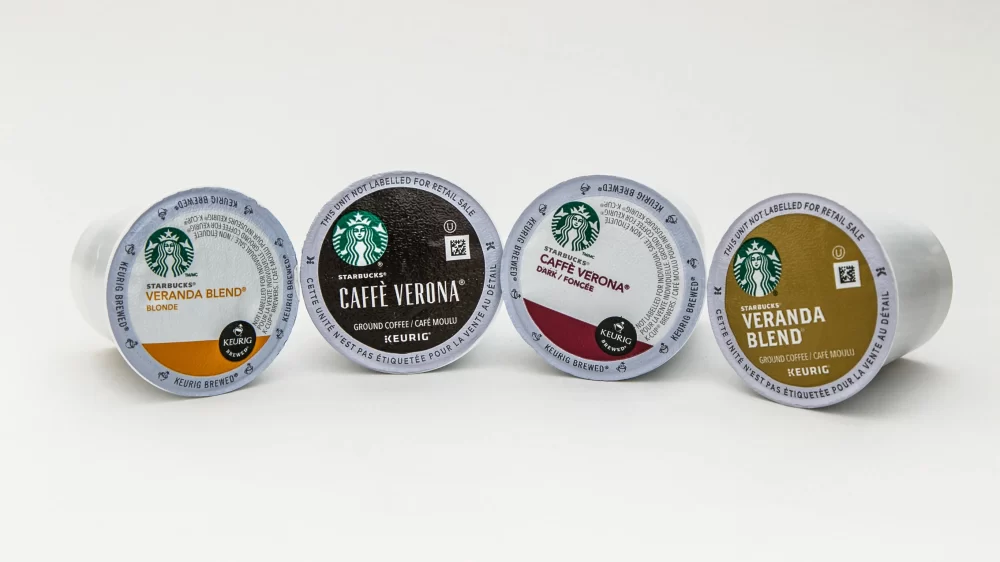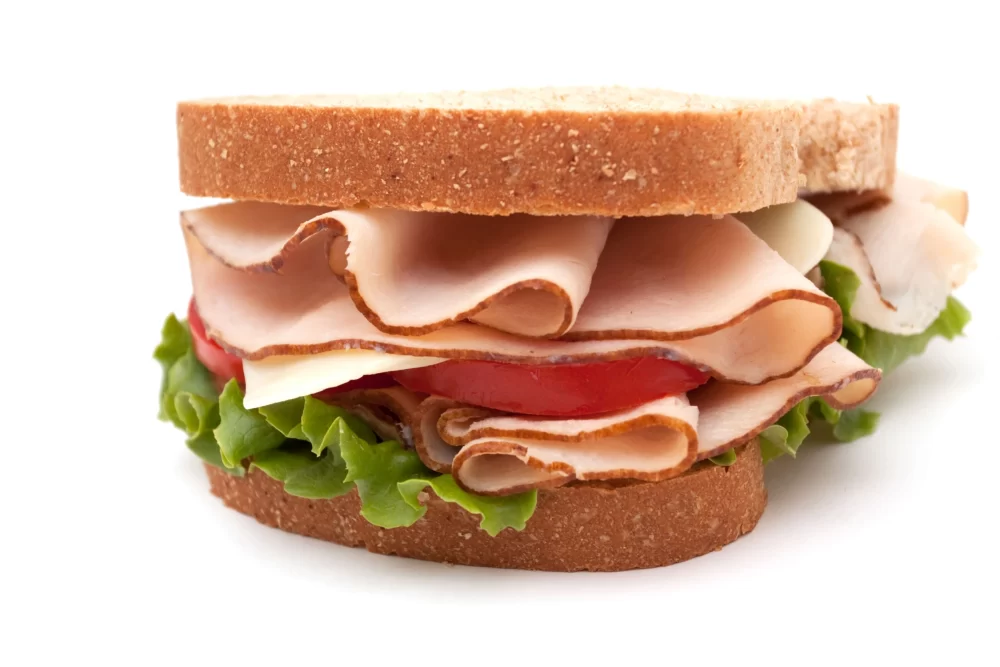In today’s tough economic times, a lot of Americans are making tough choices to save money. It’s not just about cutting back on luxury items; people are finding creative ways to eliminate expenses that were once seen as necessary. From ditching life insurance policies to opting for generic coffee instead of name brands, these changes show just how resourceful folks are getting. Below are 12 surprising expenses that many are cutting out to make their budgets work better and reduce financial stress.
1. Life Insurance Policies

Life insurance, once considered a necessity, is being reconsidered by many struggling Americans. With monthly premiums ranging from $30 to $100, this expense is increasingly seen as a luxury rather than a necessity. Instead, people are turning to basic employer-provided coverage or setting aside small emergency savings to cover end-of-life expenses.
2. Commercial Car Washes

The convenience of commercial car washes, which can cost $10 to $20 per wash, is being sacrificed. Many are opting to wash their cars at home using affordable cleaning supplies. This DIY approach not only saves money but also provides an opportunity for family bonding and maintaining the vehicle more frequently.
3. Trending Clothes and Shoes

Keeping up with the latest fashion trends is becoming less of a priority. With trendy clothes and shoes often costing hundreds of dollars each season, many are turning to thrift stores, clothing swaps, or a minimalist wardrobe. This shift helps individuals save money and reduces the pressure to constantly update their style.
4. Streaming Subscriptions

Multiple streaming subscriptions, such as Netflix, YouTube TV, Hulu, and Disney+, are being trimmed down. The average household might spend over $50 monthly on these services. People are choosing one primary service, sharing accounts with family and friends, or utilizing free streaming options like Pluto TV and Tubi to access entertainment.
5. Summer Vacations

Traditional summer vacations, which can cost thousands of dollars, are being reconsidered. Families are opting for staycations, day trips to local attractions, and other low-cost activities. This approach not only saves money but also allows families to explore and appreciate their local areas.
6. Owning Pets

The cost of owning pets, including food, medical care, and other necessities, is significant. Many are making the difficult decision to forgo pet ownership. Instead, they might volunteer at local animal shelters or offer pet-sitting services to get their pet fixed without the ongoing expenses.
7. Name Brand Grocery Store Coffee

Buying name brand coffee from grocery stores is being reconsidered. A pound of name brand coffee can cost significantly more than its generic counterpart. Many are now purchasing generic or store-brand coffee, which offers similar quality at a fraction of the price, helping to reduce grocery bills.
8. Gym Memberships

Gym memberships, which can cost upwards of $50 a month, are being eliminated in favor of free or low-cost fitness alternatives. Home workouts, outdoor exercises, and free online fitness programs are becoming more popular. This shift not only saves money but also offers greater flexibility in maintaining a fitness routine.
9. Sandwich Meat

Purchasing pre-packaged sandwich meat, which can be quite expensive, is being reconsidered. Instead, people are opting for less costly protein sources like beans, eggs, or making their own roast meats at home. This change helps reduce grocery bills while still providing nutritious meal options.
10. Paid Mobile Apps and Games

The habit of purchasing paid mobile apps and games, which can add up to hundreds annually, is being curtailed. Instead, users are turning to free alternatives and taking advantage of promotions and limited-time offers for necessary apps, saving significant amounts over time.
11. Car Insurance

High premiums for comprehensive car insurance are being reevaluated. Many are opting for the minimum required coverage, which can significantly lower monthly payments. Additionally, some are exploring usage-based insurance programs that offer lower rates for safe driving and reduced mileage.
12. Eating Fast Food

Fast food, once a go-to for quick and affordable meals, is increasingly being cut from the budgets of many Americans. Despite its convenience, the cost of regularly eating out at fast food restaurants adds up quickly. A single meal can cost anywhere from $5 to $10, and when added up over a month, this can strain tight budgets significantly.
Instead, people are turning to home-cooked meals, which are generally healthier and more economical. By buying ingredients in bulk and preparing meals at home, families can save a substantial amount of money. Additionally, cooking at home allows for better portion control and the ability to use leftovers, further stretching food dollars. This shift not only helps financially but also promotes better eating habits and overall health.
Managing On Limited Resources

Eliminating these surprising expenses helps poor Americans manage their limited resources more effectively. By finding creative alternatives and reassessing non-essential costs, they can reduce financial stress and allocate funds to more critical needs.
What are some expenses you’ve eliminated to help you manage better with your financial resources? We’d love to hear about them in the comments.
Read the full article here
















